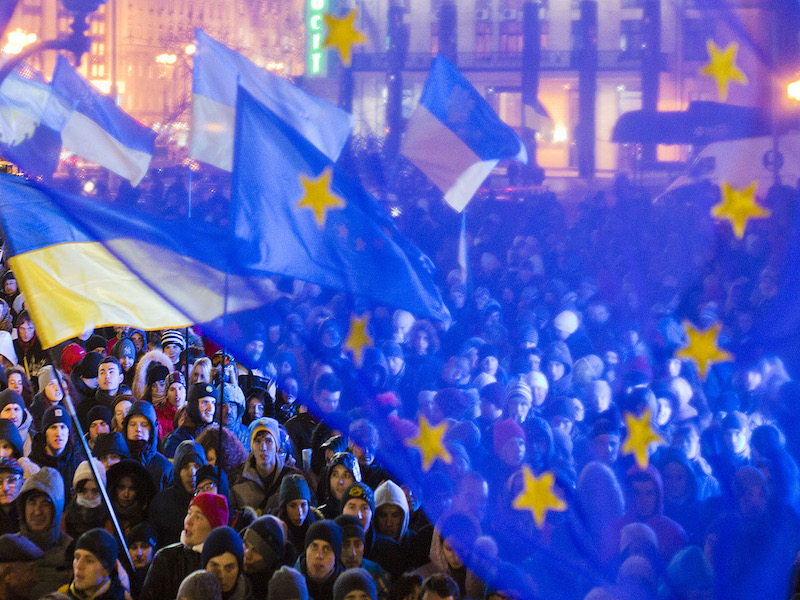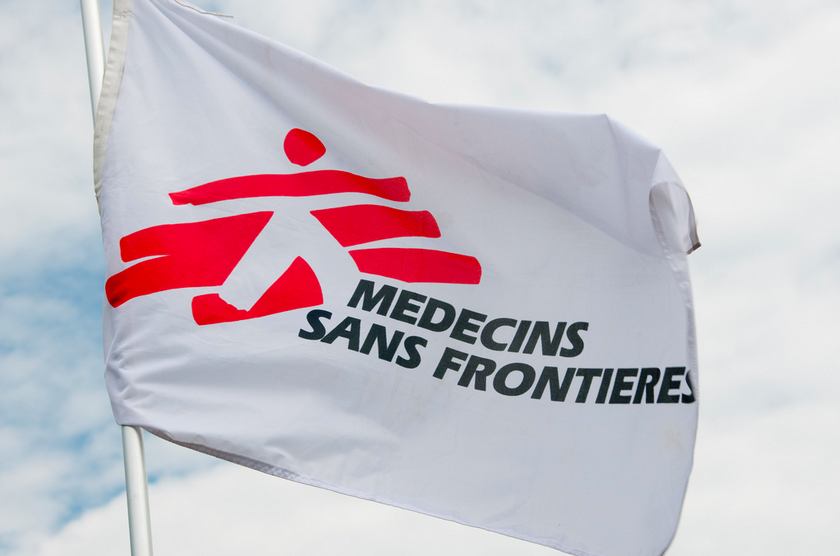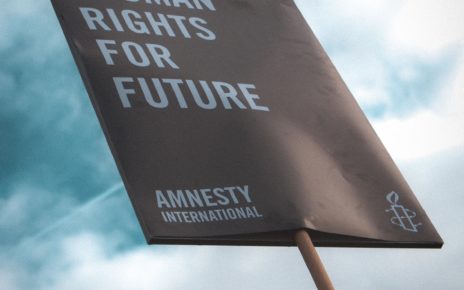Over the past ten years, Ukraine gained eight points on Transparency International’s Corruption Perceptions Index, scoring 36/100 points and ranking 116th out of 180 countries in 2022. Despite progress in anti-corruption reform, Ukraine has the highest Corruption Perception Index score compared to NATO and EU members. Understanding Ukraine’s deeply rooted culture of corruption and impunity is critical in understanding its post-independence development, including Russia’s full-scale military invasion of 2022 and Ukraine’s journey towards European and Euro-Atlantic integration. This article will first unpack the role of corruption in Ukraine’s challenges in building an independent democratic state, from its independence up until Russia’s full-scale military invasion. The second half will analyze the future of anti-corruption reforms aimed at continued Western support and Ukrainian accession to NATO and the EU in this time of war.
Ukraine’s Corruption from Independence to Russia’s Full-Scale Military Invasion
In the years following Ukraine’s independence, weak institutions struggled to transition from a centralized command economy to a free market system. By 1993, the inflation rate hit 10,155%. A shadow economy was born, creating conditions for corruption to thrive. Privatization failed to adhere to competitive processes, giving rise to an oligarch-controlled economy. The 2014 Euromaidan Revolution, which ousted the corrupt pro-Kremlin President Viktor Yanukovych, is credited by many as the “single most consequential event” in Ukraine’s post-independence history, as it precipitated Russia’s separatist-backed intervention aimed at pulling Kyiv back under its influence. The revolution served as a wake-up call for anti-corruption reforms, including the establishment of the National Anti-Corruption Bureau (NABU), the Specialized Anti-Corruption Prosecutor’s Office (SAPO), and the High Anti-Corruption Court, among other agencies. A 2023 German Marshall Fund of the United States report on Ukraine’s anti-corruption reforms highlights Ukraine’s shift away from oligarchy and kleptocracy in pursuit of Euro-Atlantic integration as one of the motivating factors behind Russia’s invasion, as it threatened the Kremlin’s control over the region and the stability of its own kleptocratic system.
Later, Russia’s full-scale military invasion of Ukraine in 2022 brought a new sense of urgency for fighting corruption. In his speech just days prior to the invasion, Vladimir Putin declared that despite Ukraine’s efforts, “Corruption is flourishing like never before.” This narrative is being actively spread through pro-Kremlin disinformation campaigns in order to undermine international trust in Kyiv and, in turn, decrease military support provided by the West and slow down European and Euro-Atlantic integration with Ukraine. Contrary to pro-Kremlin disinformation, Ukraine has made significant progress in fighting corruption; in 2022, NABU and SAPO launched 456 investigations, while 2023 saw the detainment of the head of the Supreme Court and the deputy infrastructure minister for corruption-related allegations.
Impact of Corruption on Western Support and European Integration
Ukraine has become increasingly dependent on foreign donors as it continues its valiant resistance against Russia’s attacks all the while sustaining a society in a time of war. Since Russia’s invasion, the United States and the EU, Ukraine’s largest supporters, have contributed over $100 billion in financial aid. Moreover, the United States has provided Ukraine with $46.6 billion in military aid as of July 31, 2023. However, as the war drags on, Washington is growing more reluctant to continue providing economic and military support. Last month, U.S. House Speaker Kevin McCarthy was ousted by the Republican Party, with his support for supplying aid to Ukraine listed as one of the reasons. Some of the Republican Party’s reluctance to provide Ukraine with aid is related to concerns over misappropriation of funds by Ukraine’s corrupt officials.
A recently-uncovered confidential U.S. strategy document reveals the threat Ukraine’s corruption poses to Western support. According to the document, “perceptions of high-level corruption” could “undermine the Ukrainian public’s and foreign leaders’ confidence in the war-time government,” thereby eroding Western support. Early last summer, the State Department issued a demarche (a formal diplomatic note), indicating that future non-military financial aid will be linked to Ukraine’s progress in conducting anti-corruption and financial transparency reforms. A pre-decisional working draft of a “Priority Reform List” was sent to Ukraine outlining reforms necessary for continued U.S. support and European integration. The reform recommendations target the Supervisory Boards of state-owned businesses, anti-corruption institutions, and the judiciary.
One of the recommendations on the Priority Reform List concerns reforming the Constitutional Court of Ukraine. It is also one of the seven recommendations which were provided to Ukraine by the EU when it gained status as an EU “candidate country” in June of 2022. According to the 2023 German Marshall Fund of the United States report, corruption is the most significant obstacle to Ukraine’s EU membership, with five out of the seven reform requirements dealing directly with the question of corruption. Other recommendations aim to increase compatibility with NATO, such as reforms prompting Ukraine’s Ministry of Defense to “re-design both military armament and public procurement processes and procedures reflecting NATO standards of transparency, accountability, efficiency, and competition in defense procurement.”
In response to numerous reform proposals received from the EU, the International Monetary Fund, and the United States, Ukraine drafted the Concept of Strengthening Democratic Resilience, a list combining initiatives from partners and other proposals into a single reform plan to be consolidated in 2027. The plan focuses on fighting Ukraine’s oligarchy, which according to the government, “poses the greatest threat to national security and hinders Ukraine’s development and its path toward the EU and NATO.” Ukraine’s plan for strengthening democracy and eradicating oligarchic influence includes the development of a proportional electoral system, reducing the number of members of parliament and local council deputies, and establishing an Independent Judicial Expertise Center with directives, standards, and rules of NATO and the EU. War veterans, as the “most motivated patriots”, will become increasingly involved in state positions to influence state management, while reforms of the Supreme Court will strengthen the judicial branch. The plan also addresses reforms for the protection of businesses from government authorities, creating a register of oligarchs for “de-oligarchization,” supporting the development of non-governmental anti-corruption organizations, and promoting independent journalism, among others.
Ukraine’s development from independence to its current war with Russia has been marked by a persistent struggle with weak and corrupt institutional structures. Corruption has become a central issue affecting the country’s politics, society, and security, creating opportunities for pro-Kremlin influence and, eventually, Russia’s military invasion. With the Russo-Ukrainian war continuing to ravage the country, fighting corruption has also become increasingly important for garnering Western support and paving the way towards meeting NATO and EU membership. The fight against corruption remains not only a domestic imperative, but also a critical factor in Ukraine’s pursuit of a secure and democratic future in Europe.
Photo: “Euromaidan in Kiev” by Evgeny Feldman via Creative Commons licensed under CC BY-SA 3.0.
Disclaimer: Any views or opinions expressed in articles are solely those of the authors and do not necessarily represent the views of the NATO Association of Canada.




